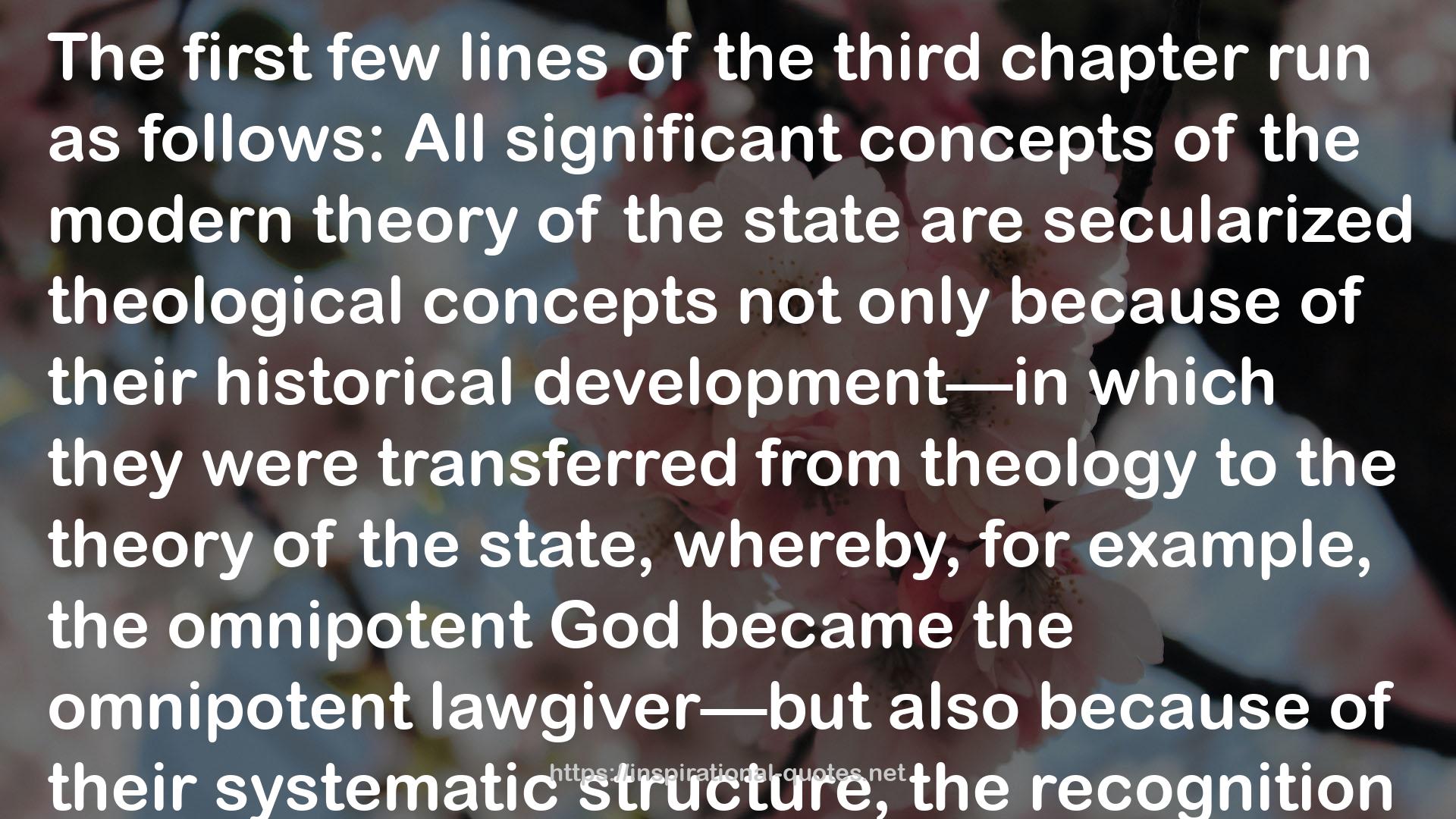To Carl Schmitt: Letters and Reflections QUOTES
SOME WORKS
- Just So Happens
- From MTV to Mecca: How Islam Inspired My Life
- Life Positioning: 27 Success habits to increase your personal value
- The Easy Eating Diet: Make Healthy Eating Easy and Lose the Weight and Food Guilt Forever!
- A Cute Girl In My Village (Time Is Not Emotional, #1)
- The Connectworker
- Jesus Unmasked: The Truth Will Shock You
- The Blood Room
- Urban Apologetics
- A Mirror Image: Looking Deeper Within to Reflect Jesus

